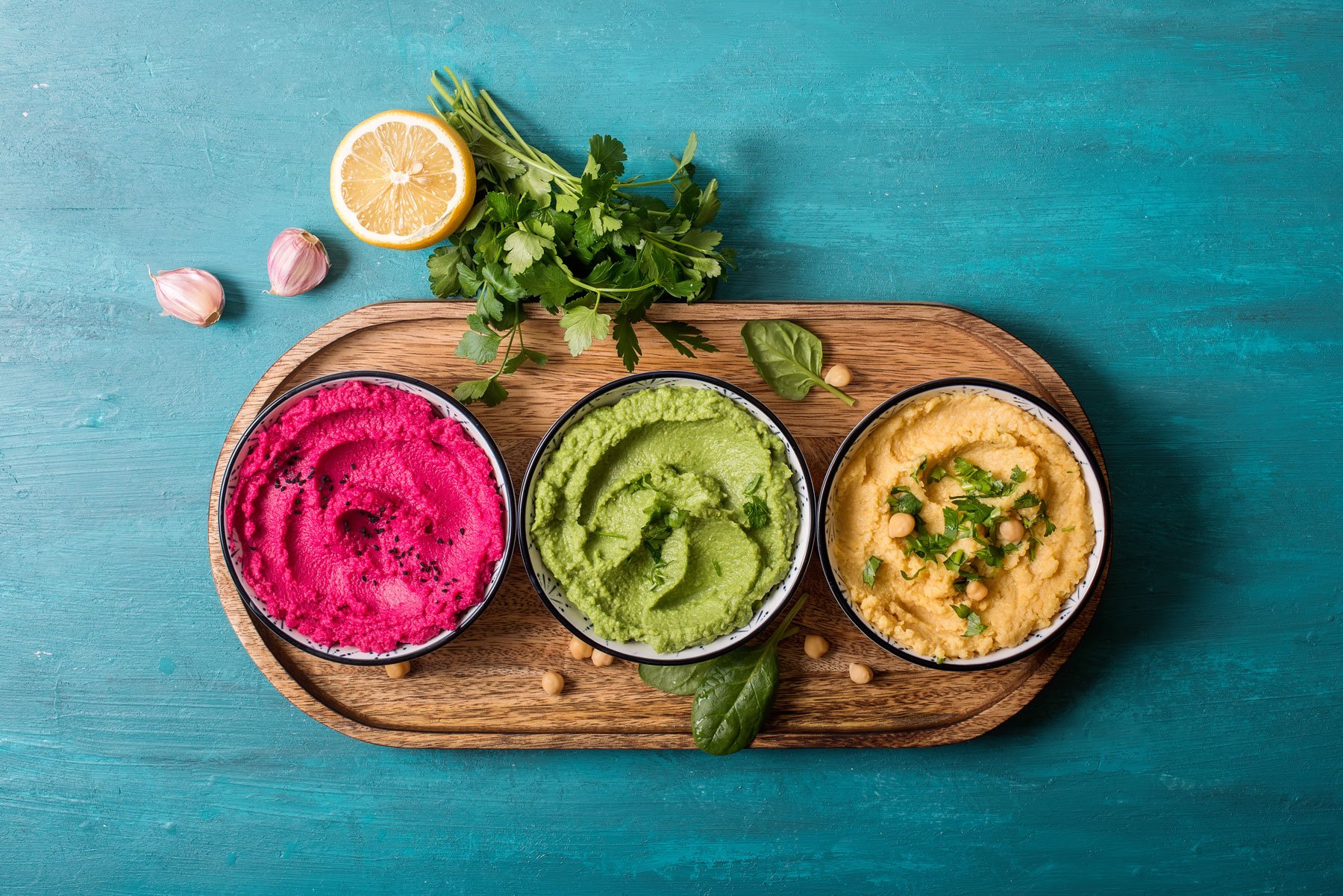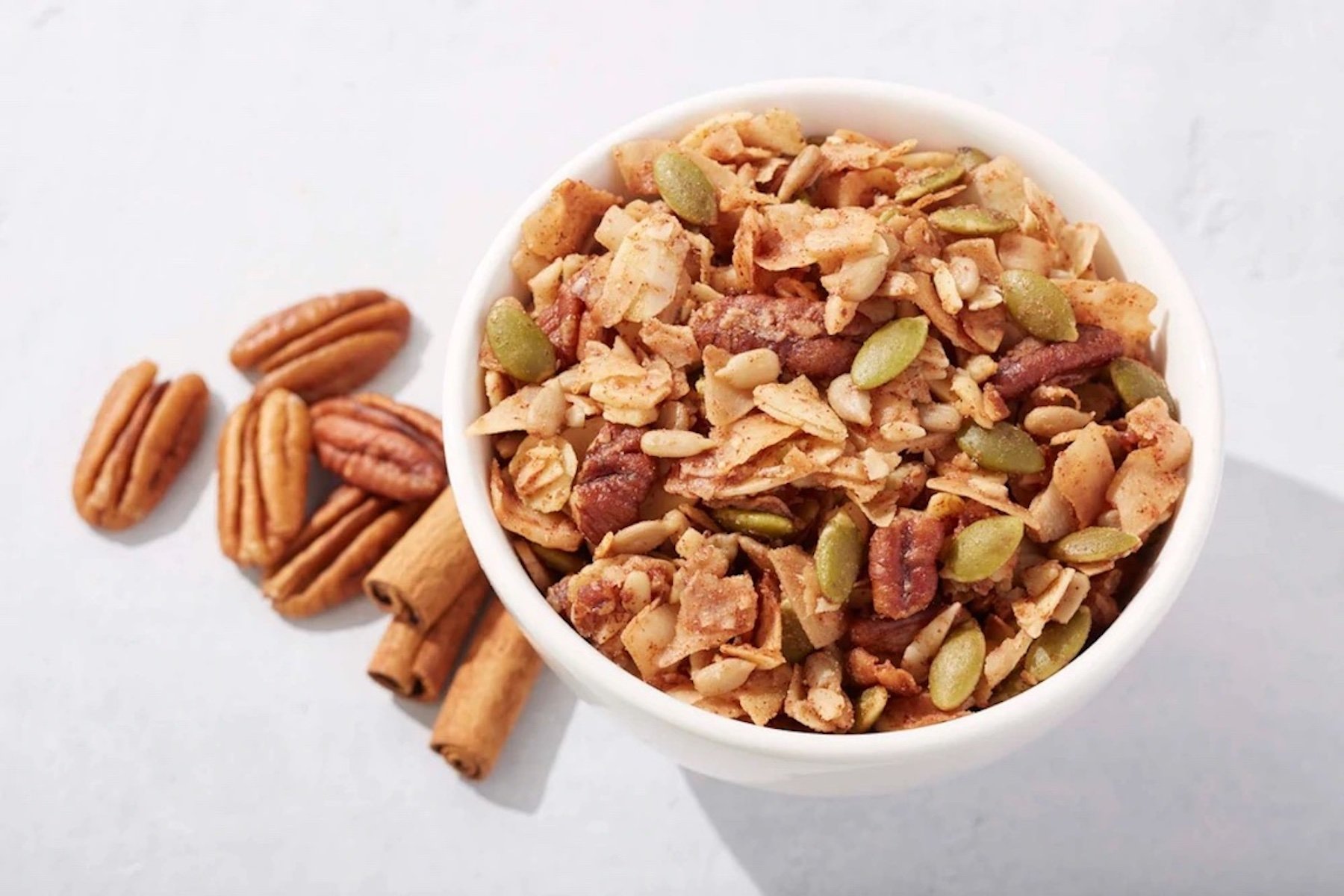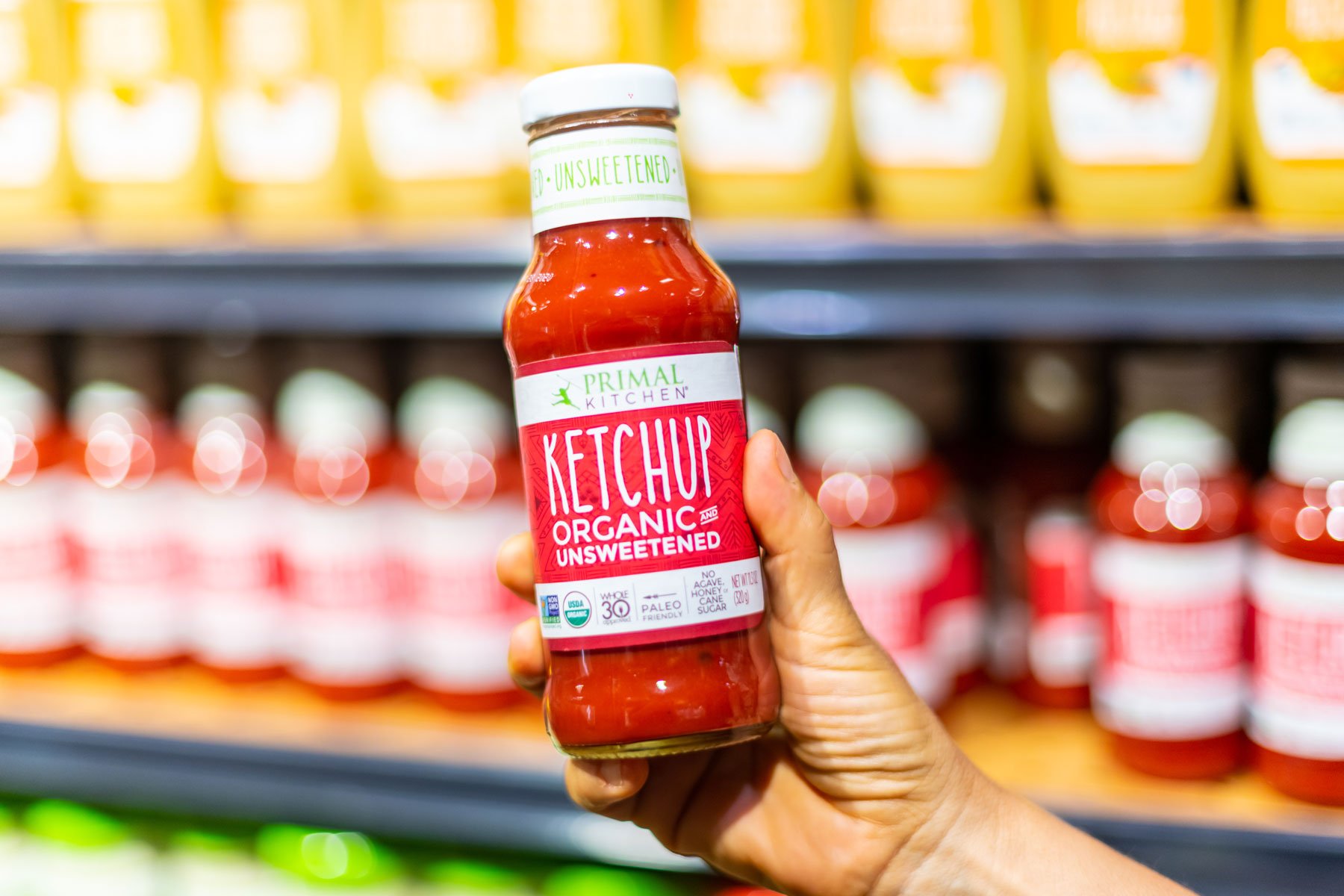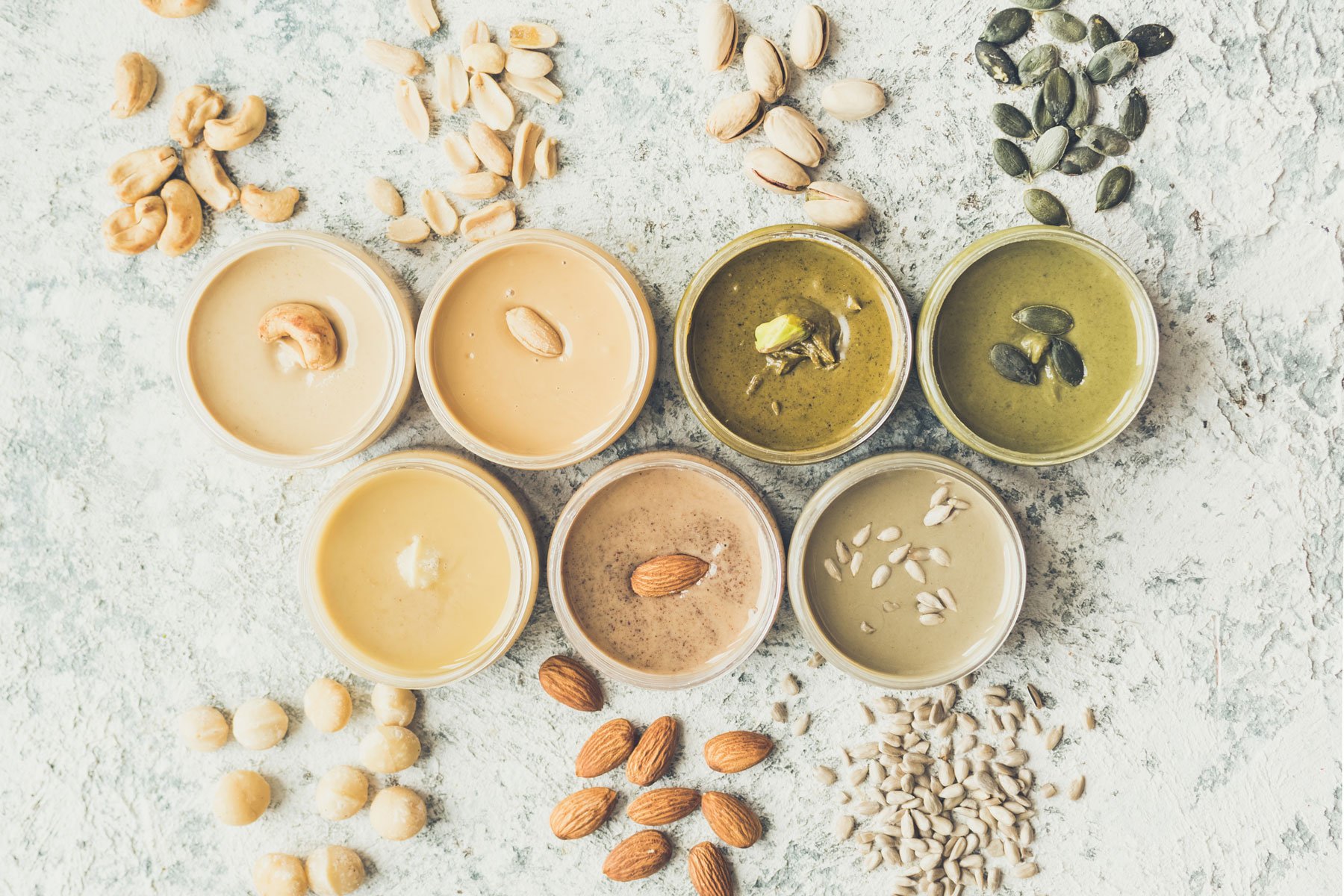Any way you dip or top them, chips and crackers are snack staples—Americans spent more than $8 billion on crackers alone last year. But they may take your blood sugar on a roller coaster of highs and lows.
That’s because most chips and crackers are considered ultra-processed foods. Most chips are fried in inflammatory oils, while many crackers start with a base of quick-digesting carbs (in the form of refined flours) that trigger blood sugar spikes.
That said, thanks to whole-food-based alternatives that you buy or make at home, chips and crackers can be part of a metabolically healthy diet when eaten in moderation and paired with the right foods. Read on to learn what to look for when it’s crunch time.
Why are Chips and Crackers Often Unhealthy?
Chips and crackers are usually made with ingredients that can quickly raise blood sugar and contribute to inflammation. Some of the most common culprits include:
- Refined grains: Stripping grains of their outer layers (called the germ and bran) makes them softer and more shelf stable. But it also removes most of the fiber, healthy fats, vitamins, and minerals. With less fiber to slow the breakdown of starches into glucose, eating refined grains can cause a jump in blood sugar. Common refined grains in chips and crackers include wheat, rice, and cornmeal flours.
- Processed starches: Starches are one type of carbohydrate found in many plants. Food companies extract starches to separate them from other compounds, such as fiber. Then they dry the starches until they break down into a smooth, neutral-tasting white powder that’s added to many processed products to enhance texture. You might see these listed as potato starch, tapioca starch, or maltodextrin on the label. Because they deliver carbs without fiber, these starches can spike blood sugar. For instance, maltodextrin has a higher glycemic index score (a measure of how quickly a food increases blood sugar) than table sugar.
- Refined vegetable and seed oils: Refined oils such as sunflower, canola, grapeseed, corn, cottonseed, soybean, peanut, rice bran, walnut, sesame, and safflower are high in omega-6 fatty acids. Consuming a diet rich in omega 6 may set the stage for inflammatory diseases, such as heart disease and rheumatoid arthritis.
- High fructose corn syrup and added sugars: Even salty snacks often contain added sugars and sweeteners. For example, Ritz crackers are made with both sugar and high fructose corn syrup. Over time, too much added sugar may lead to Type 2 diabetes.
Even healthy-sounding crackers can contain these problematic ingredients. For example, From the Ground Up Cauliflower Potato Chips are made with sunflower oil, while Terra’s Real Vegetable Chips are made with canola, safflower, or sunflower oil. Meanwhile, Hippeas Organic Chickpea Puffs are made with rice flour, sugar, and canola, safflower, or sunflower oil.
What to Look for in Chip and Crackers
Now that you understand what to avoid, consider what makes a better salty snack. When reading labels, look for the following in your chips and crackers:
- Free of highly refined and processed ingredients: Steer clear of those that contain refined grains and starches, added sugars or sweeteners, and refined seed oils.
- Seeds or nuts: Seeds and nuts add protein, fiber, and healthy fats, all of which slow digestion and dampen the blood sugar response. Look for chips and crackers made with flax, chia, pumpkin seeds, or almond flour, which deliver protein and fiber.
- Vegetables: Some chips and crackers use whole vegetables, such as kale or zucchini, in lieu of grains. They’re usually baked, dehydrated, or air-fried for a satisfying crunch. These vegetables are high in fiber and micronutrients that help support metabolic health.
- Pairing potential: Topping your chips or crackers with a source of protein or fat can further help regulate blood sugar. Consider topping chips and crackers with protein-rich nut butters, cheese, or a Greek yogurt-based dip. Or consider hummus or another bean-based dip for extra protein and fiber. Some people have a higher blood sugar response to beans, so consider that when choosing a cracker complement.
5 DIY Chip and Cracker Alternatives
Make your own chips and crackers to control the ingredients—it’s easier than you might think. Consider these recipes:
Chia Seed Crackers
Made with six simple ingredients—chia, sunflower, sesame, and pumpkin seeds, plus psyllium husk, salt, and water—these crisps are full of fiber, protein, and anti-inflammatory omega-3 fats.
Collard Chips
Collard greens are low in calories (11.5 per cup) and high in micronutrients, including folate, manganese, and vitamins A, C, and K. When baked with olive oil and sea salt, they deliver a satisfying crunch.
Rosemary Almond Flour Crackers
Made with lemon zest, red pepper flakes, and rosemary, these crackers burst with flavor. They’re delicious on their own or paired with a hummus or bean dip.
Zucchini Chips
You may associate this summer squash with tender grilled or sauteed dishes. But when cooked with spices in an air fryer, the result is crispy chips loaded with antioxidants that protect metabolic health, such as vitamin C, lutein, and zeaxanthin. If you don’t have an air fryer, try this baked version.
Almond Flour Tortilla Chips
Made from mozzarella cheese and almond flour, these chips are baked instead of fried. They’re packed with protein and sturdy enough to scoop up fresh salsa and guacamole.
Chip and Cracker Alternatives You Can Buy
Want a grab-and-go snack? These readymade chips and crackers satisfy crunchy cravings while supporting metabolic health.
 1. Brad’s Original Crunchy Kale with Probiotics
1. Brad’s Original Crunchy Kale with Probiotics
This brand air-dries kale flavored with spices over low heat in order to retain important micronutrients while serving serious crunch. It also contains miso and organic probiotics, which may boost gut health.
Per serving (1 ounce): 70 calories, 5 g fat (0 g sat), 6 g carbs, 2 g fiber, 1 g sugars, 3 g protein, 210 mg sodium
Price: $4 per 2-ounce bag
 2. Hu Sea Salt Grain-Free Crackers
2. Hu Sea Salt Grain-Free Crackers
Hu crackers use a flour mix that includes almond and cassava—still, its carb count is a little higher than others, so pair with a protein, like chicken or tuna salad, or a fat-based dip like nut butter.
Per serving (26 crackers): 110 calories, 6 g fat (3 g sat), 11 g carbs, 2 g fiber, 1 g sugars, 3 g protein, 330 mg sodium
Price: $8 per 4.25-ounce box
 3. GG Scandinavian Fiber Crispbread
3. GG Scandinavian Fiber Crispbread
Made with wheat bran and whole-grain rye flour, these dense crackers are low in calories and high in fiber. Some find the flavor pretty bland, so top with cream cheese, smoked salmon, and dill or avocado and a hard-boiled egg for mini open-faced sandwiches.
Per serving (1 cracker): 30 calories, 0 g fat (0 g sat), 6 g carbs, 4 g fiber, 0 g sugars, 1 g protein, 20 mg sodium
Price: $4.19 for a 3.5-ounce package
 4. Gimme Organic Sea Salt & Avocado Oil Premium Roasted Seaweed
4. Gimme Organic Sea Salt & Avocado Oil Premium Roasted Seaweed
Packed with briny flavor, this roasted seaweed satisfies crunchy cravings. It also delivers key nutrients, including iodine, which is crucial for thyroid health and healthy metabolism.
Per serving (1 0.16-ounce package): 25 calories, 2 g fat (0 g sat), <1 g carbs, <1 g fiber, 0 g sugars, 1 g protein, 40 mg sodium
Price: $1.10 per 0.16-ounce package
 5. Flackers Organic Sea Salt Flaxseed Crackers
5. Flackers Organic Sea Salt Flaxseed Crackers
These crackers start with organic flaxseed that’s soaked and sprouted for easier digestion. They’re high in fiber and omega-3 fats.
Per serving (8 crackers): 160 calories, 12 g fat (1 g sat), 10 g carbs, 9 g fiber, 0 g sugars, 6 g protein, 260 mg sodium
Price: $5.99 for a 5-ounce bag
 6. Whisps Parmesan Cheese Crisps
6. Whisps Parmesan Cheese Crisps
Made from only parmesan cheese, these baked rounds are lactose-free and high in protein. They also contain nearly a third of all the bone-building calcium you need in a day.
Per serving (19 crisps or 28 g): 150 calories, 10 g fat (7 g sat), 1 g carbs, 0 g fiber, 0 g sugars, 13 g protein, 350 mg sodium
Price: $3.69 for a 2.12-ounce bag
 7. Rhythm Organic Carrot Sticks Naked
7. Rhythm Organic Carrot Sticks Naked
The ingredients list doesn’t get much simpler than this: organic carrots. These dehydrated veggies are perfect for dipping or munching on their own. You’ll also get a serving of fiber and vitamins like vitamin A.
Per serving (1 1.4-ounce bag): 140 calories, 1.5 g fat (0 g sat), 29 g carbs, 11 g fiber, 6 g sugars, 3 g protein, 115 mg sodium
Price: $5 for a 1.4-ounce bag
 8. Ella’s Flats Everything
8. Ella’s Flats Everything
These crackers taste like an everything bagel—for a fraction of the carbs (only 1 net gram per serving). They’re made mainly from a blend of sunflower, pumpkin, flax, sesame, and poppy seeds.
Per serving (3 crackers): 170 calories, 14 g fat (2 g sat), 5 g carbs, 4 g fiber, 0 g sugars, 7 g protein, 270 mg sodium
Price: $9.49 for a 4.8-ounce package
* The prices in this article reflect those listed by the retailer at the time of publication. Prices and local store availability may vary.
Levels has no affiliation or sponsorship with any food brand mentioned here or elsewhere, and we receive no revenue if you buy through any of these links.
 Want to learn more about your metabolic health?
Want to learn more about your metabolic health?
Levels, the health tech company behind this blog, helps people improve their metabolic health by showing how food and lifestyle impact your blood sugar, using continuous glucose monitoring (CGM), along with an app that offers personalized guidance and helps you build healthy habits. Click here to learn more about Levels.
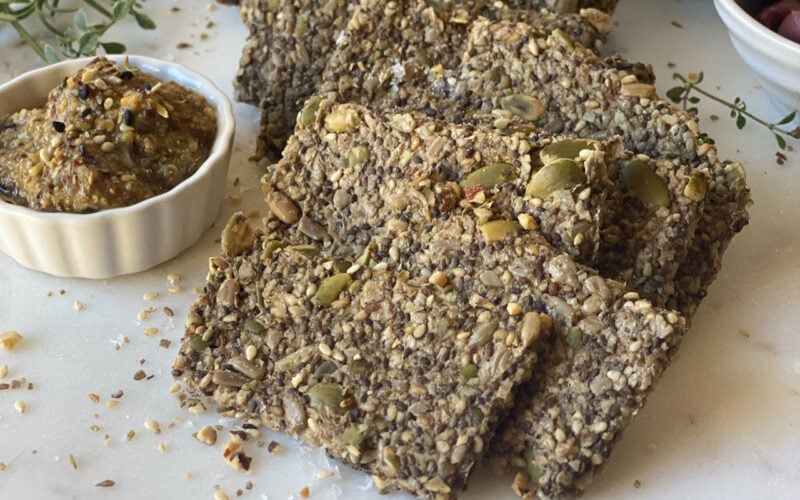
 1.
1.  2.
2.  3.
3.  4.
4.  5.
5.  6.
6.  7.
7.  8.
8.  Want to learn more about your metabolic health?
Want to learn more about your metabolic health?